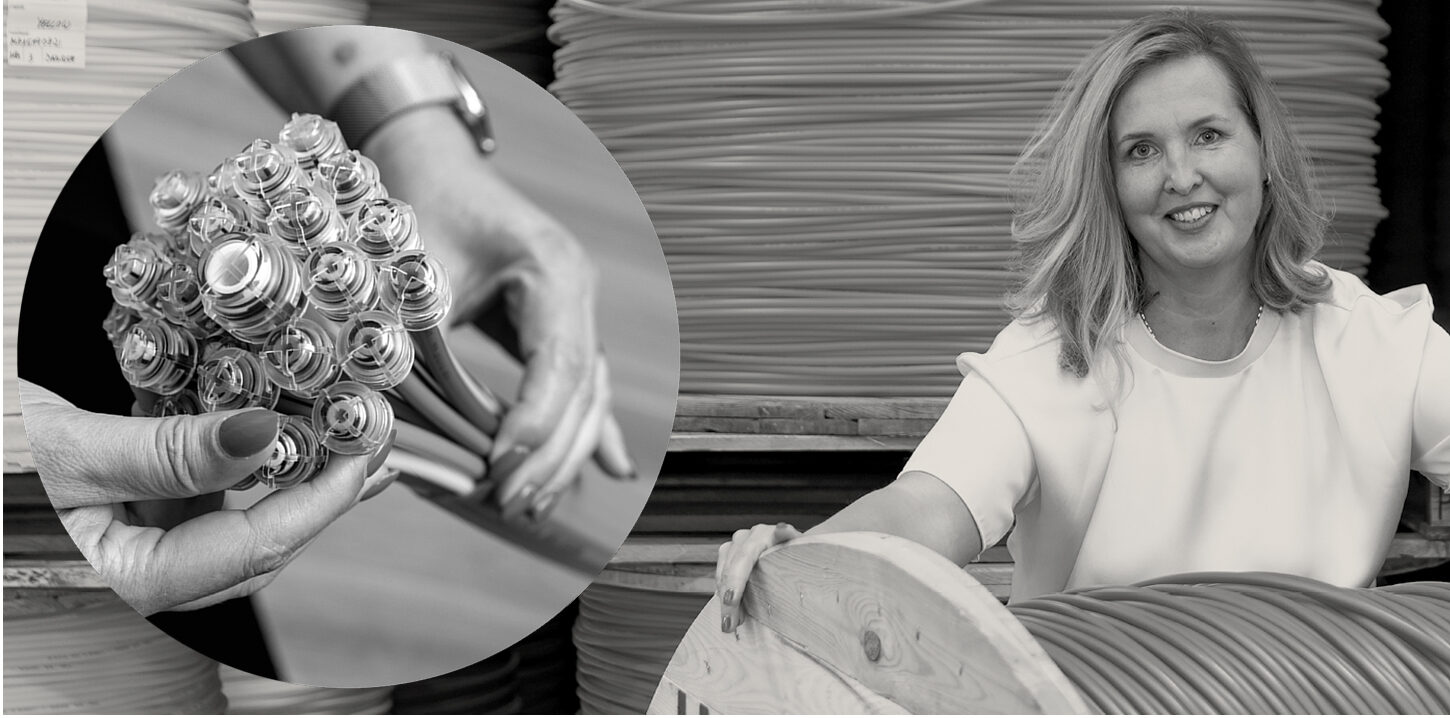Local Team, Global Vision: Business Central Brings Transparency and Growth to Höhle
Source: Äri-IT Autumn 2025
Author: Gerli Ramler
Höhle, a manufacturer of microtubes necessary for laying fibre optic cables, took a significant leap in its digital transformation journey by adopting the international enterprise resource planning (ERP) software, Microsoft Business Central.
The implementation of the new system was part of a broader transformation that included an ownership change, a reorganisation of work processes, and the establishment of a more modern management culture within the company.
Höhle (now operating under the new name HellermannTyton OÜ), located in Lõiuse village, Rapla County, Estonia, has been in operation since 2015. In 2023, the company was sold to the American owner Aptiv PLC (which is listed on the US stock exchange) and integrated into the UK unit of the HellermannTyton Group, which manufactures cable accessories for various industries. Höhle is the group’s data communications specialist, producing the microtubes essential for installing fibre optic cables—for example, connecting high-speed internet to buildings or transmitting signals to mobile masts. A substantial 96% of Höhle’s output is exported, primarily to Scandinavia, Germany, and the UK.
“Our company previously had a simple structure, which provided a great base for implementing the new software. Sales and production were managed by three or four people, and we outsourced our accounting services. We relied on Excel spreadsheets and the SAF accounting programme, and much of the knowledge and management information resided solely in people’s heads,” explains Höhle’s Financial Manager, Evali Mülts. “Now, we are part of a large international group where the speed, transparency, and accuracy of information exchange are crucial. We must comply with both Estonian and UK accounting standards and meet US stock exchange requirements—this demands a completely different system and work structure.”
The company needed to find a unified software solution, and Business Central was chosen because it aligns well with an international scope and growing needs, proving suitable for companies with anywhere from 50 to 300 employees. A major advantage is also its place within the Microsoft product family. “We wanted a solution that was flexible, international, and scalable. Companies that rely on country-specific systems will run into difficulties sooner or later. We have branches in Estonia, Germany, and the UK, and we need a single, unified view. Business Central makes it possible to manage data from different countries within one environment—giving management an overview of the entire group with a single click.”
Employees Embraced the Change with Interest
In Estonia, the new software is currently mainly used in the finance and kitting/assembly departments, with a total of ten employees utilising it. This autumn, as scanners are introduced into production, the system will be rolled out to most of the production department staff. “We have a very strong willingness for cooperation and development within our company. People are genuinely interested in how to make their work easier, and they are proactive. Before the implementation, we involved various stakeholders to hear their expectations.”
The software rollout at Höhle was swift: the first workshops took place in January, and the company was already operating in the new system by May. “Everything went very smoothly. Four people from the internal team were involved, each representing their specific area. Thanks to this, decisions were made quickly, and we managed to avoid many bespoke developments. Business Central offered excellent standard solutions that fitted our needs. We didn’t have to make compromises because we found good options within the existing programme,” Mülts elaborates. She praises the BCS Itera consultants, who “understood the client’s thoughts almost instantly, were realistic, cooperative, and offered effective solutions.” Mülts adds, “This made the whole process much simpler. The in-person meetings and workshops before the start of the implementation were critical—we were able to discuss what and how we currently do things and what we wanted to achieve in the future. It’s a great way to bounce ideas around, share our experiences, and hear what simpler solutions the new programme can offer.”
For the production team, who previously had no centralised digital tool, the new system represents a major step forward. They can now see real-time inventory and plan orders more accurately. According to the Financial Manager, the system has a visually appealing, game-like, and logical interface, representing a completely new level in terms of work processes. Estonia was the first country in the group to adopt Business Central. Other companies are now transitioning too—for example, Germany, which employs 250 people, plans to switch to the new programme next year. Mülts admits that although the transition for others is on a larger scale, Estonia has been able to share its experiences and highlight the pros and cons of various solutions.
Business Central Changed the Company’s Operations by 180 Degrees
The software upgrade was accompanied by changes in work organisation: accounting was brought in-house, production recipes and kitting were integrated into the system, and reporting became automatic. “Our lives changed by 180 degrees. Where delivery notes used to be in Excel, now it only takes one click. Errors caused by human factors have been eliminated. Although this might seem minor, it ultimately gives the data immense reliability,” says Mülts.
The Financial Manager notes that for companies starting with a blank slate, software implementation is easier because everything can be shaped to their exact needs. “Just consider it—we used to prepare delivery notes in Excel; now they are created with one click. Errors from human factor when writing product codes no longer occur. At the same time, we still have a long way to go; the current use of the software is only half the journey. The plans include integrating production schedules, analytics, machine production speeds, and a more detailed inventory module. Business Central is not just an ERP system; it is a platform on which new modules and solutions can continually be built to meet the needs of a growing company. In fact, we are now doing everything completely differently than we did a few years ago. And that is excellent.”
The implementers and the method of change execution are also highly valued at Höhle. The company values a community-based work culture and a strong sense of teamwork. The factory is located 50 km from Tallinn, nestled among forests and fields. “We have a very beautiful natural work environment. Many of our employees live nearby, within about a 20-kilometre radius. We are a significant employer in the region, offering good wages, secure employment, and a work environment where people feel valued,” Mülts describes.
The work culture at Höhle is based on openness and cooperation. Management is horizontal and accessible—the doors of managers are open, and ideas and concerns move quickly. The management considers it a great strength that international business is driven by local people.
Höhle is currently experiencing a major growth year: an additional 10,000 square metres have been built next to the existing 6,500 m² of production space, which will house new production equipment and a materials warehouse. Upon completion of the expansion, the company aims to increase production volume by three to four times. “We have already hired new people, and by the end of the project, we will likely have added around 40 employees. We are looking for extruder operators, specialists, and production workers. All necessary training takes place on-site—we are not looking for the perfect CV, but for interest and a willingness to participate,” notes Mülts.
The adoption of Business Central marks the organisation’s maturity and readiness to grow—not only in the market and in production volume but also in its organisational culture. Just as the new software enables automation, measurement, and analysis, the people are equally vital—those who adapt, learn, and truly implement the changes. Höhle is developing an international industry in a modern way, but with local people, step by step, and with a steady course.

